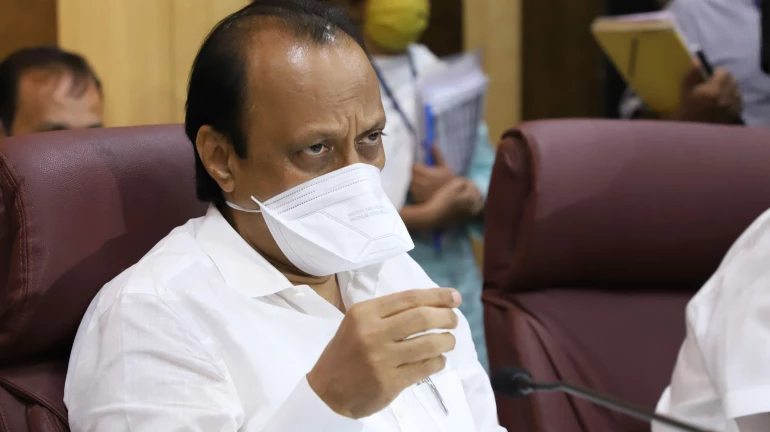
On Tuesday, March 19, the Supreme Court raised concerns over the Election Commission of India's (ECI) recognition of Ajit Pawar's Nationalist Congress Party (NCP) faction. The court questioned the ECI's reliance on the 'legislative majority' test. The court said that it could encourage defections.
On February 6, the ECI had recognised Ajit Pawar's NCP faction based on the test of legislative majority, with the Ajit Pawar faction having 51 of the 81 legislators. This decision was challenged by the Sharad Pawar group through a special leave petition.
The court noted that the 10th Schedule, also known as the anti-defection law, was not in place when the Election Symbols (Reservation and Allotment) Order was passed in 1968. The Sadiq Ali ruling of 1972 set the guidelines for identifying the true party in split cases. That's ruling also happened before the 10th Schedule.
The 10th Schedule was introduced to the Constitution in 1985 through the 52nd Constitutional Amendment. Initially, it accepted 'split within a party' and 'merger with another party' as valid defences. However, the 'split' defence was later removed.
Justice Viswanathan questioned if the ECI, by using the legislative majority test, had validated a split that was no longer a defence under the 10th Schedule. He suggested that the ECI should use the 'organisational strength' test instead. Using legislative majority will mean that it has happened under split, which is no longer recognised by the 10th schedule.
He further said that if the organisational test is not done, any party defection can happen and get the party symbol and recognition. "It is a mockery of the voter," Justice said.
Chief Justice DY Chandrachud had also questioned the use of the legislative majority as a test for identifying the true political party. He had made these observations on March 7 during the hearing of a petition filed by the Shiv Sena. The petition was against the speaker's refusal to remove the MLAs of the Eknath Shinde group from office under the 10th Schedule.
In the case of the Shiv Sena dispute, the Supreme Court ruled that the legislative majority test was not appropriate for identifying the true party when two opposing groups emerged following a split.
Senior Advocate Abhishek Manu Singhvi, representing Sharad Pawar, cited the Subhash Desai ruling to question the ECI's decision. The ECI had recognised the Ajit Pawar group as the true NCP faction on the basis of the 'legislative majority' test.





